Optimal Timing for House Leveling
House levelings are essential for maintaining structural integrity and ensuring safety. The optimal timing for leveling depends on various factors including seasonal weather patterns, soil conditions, and the age of the property. Proper scheduling can prevent costly repairs and extend the lifespan of the foundation.
Spring and fall are typically ideal for house levelings due to moderate temperatures and stable soil conditions, which facilitate effective adjustments.
Visible cracks, uneven floors, and door misalignments often indicate the need for house leveling, regardless of the season.
Soil expansion and contraction, especially in regions with clay soils, can cause shifts that necessitate leveling at specific times of the year.
Avoid scheduling during extreme cold or wet conditions, as these can hinder effective leveling and increase risks.
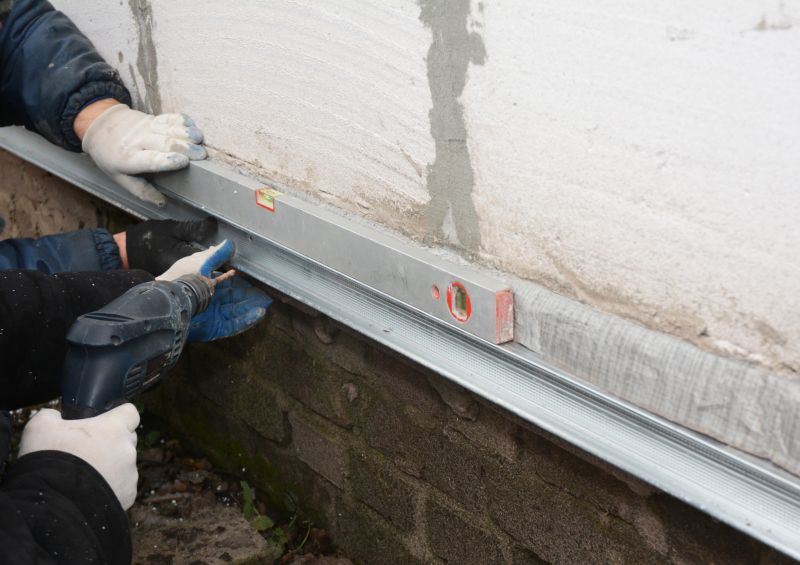
Spring offers optimal conditions for foundation adjustments due to thawing soil and moderate moisture levels.
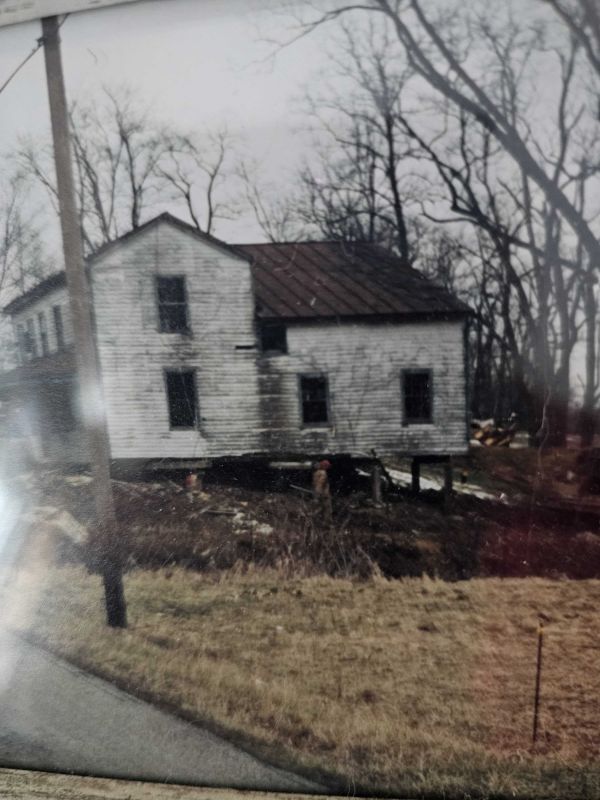
Fall provides stable soil conditions before winter, making it suitable for leveling work.
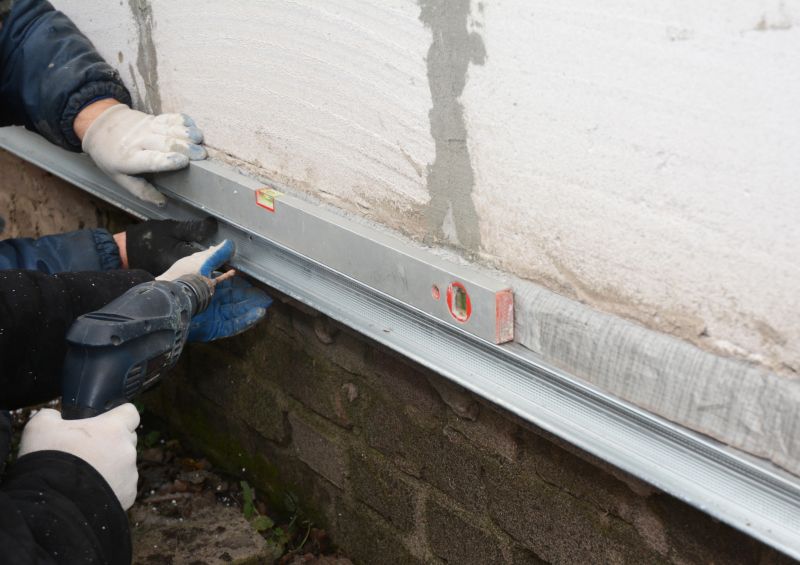
Understanding soil behavior helps determine the best time for leveling to prevent future issues.
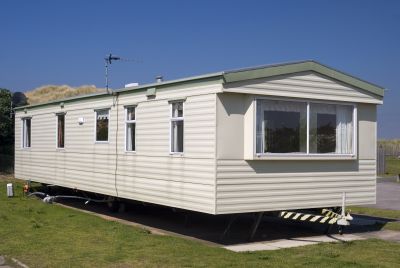
Ways to make House Levelings work in tight or awkward layouts.
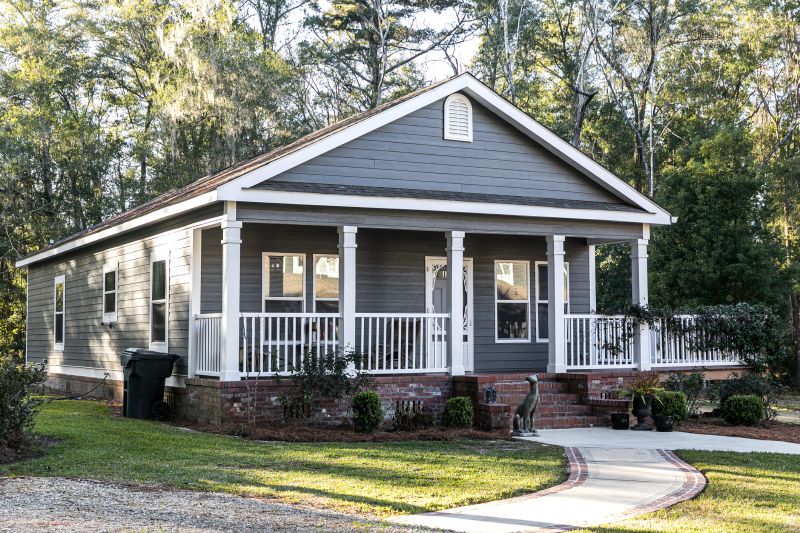
Popular materials for House Levelings and why they hold up over time.
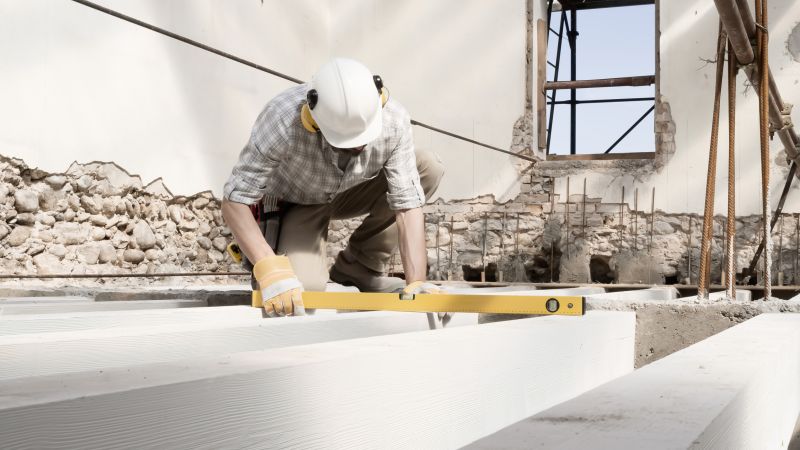
Simple add-ons that improve House Levelings without blowing the budget.
| Season | Advantages |
|---|---|
| Spring | Ideal for soil stabilization and moderate weather conditions. |
| Summer | Less common due to heat and dry soil conditions. |
| Fall | Prepares the foundation for winter and stable soil. |
| Winter | Generally avoided due to frozen ground and harsh weather. |
House levelings involve adjusting the foundation to correct uneven settling or shifting. This process can include mudjacking, piering, or underpinning techniques. Proper timing ensures these procedures are more effective and less disruptive. Regular inspections can identify issues early, allowing for timely interventions that minimize structural damage and costly repairs.
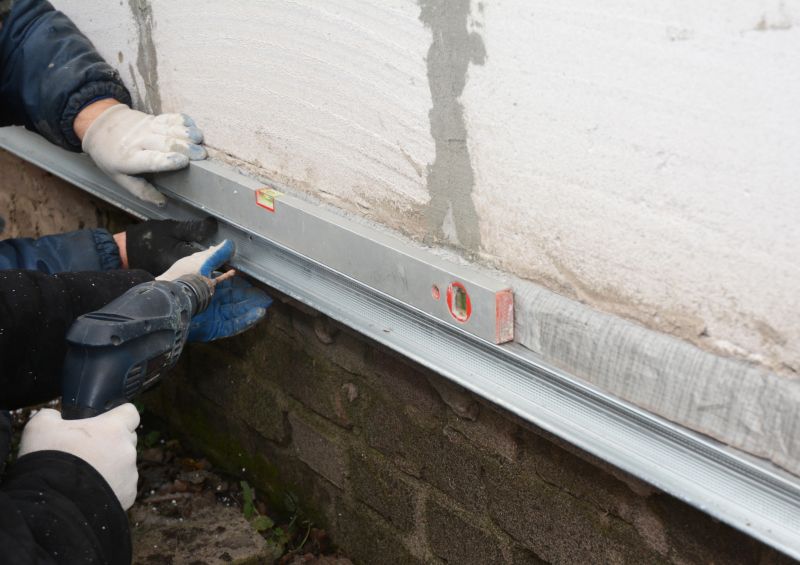
Foundation adjustments restore stability and prevent further settling.
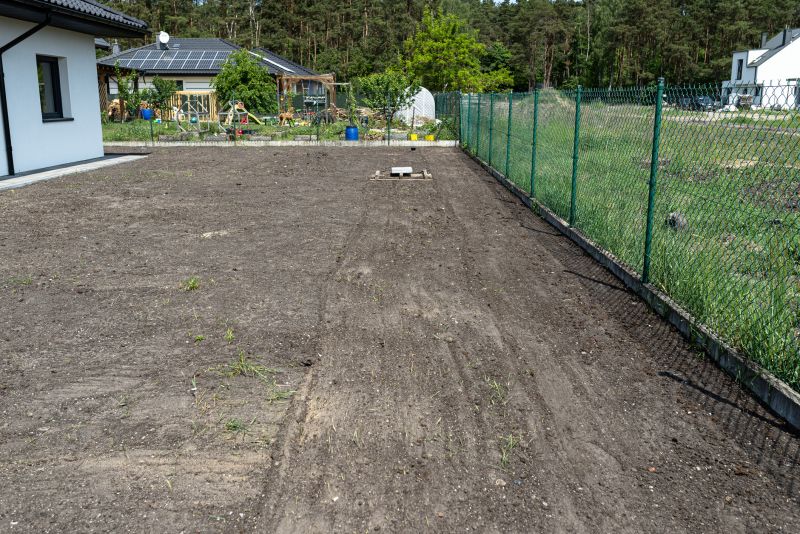
Techniques to improve soil conditions before leveling work.
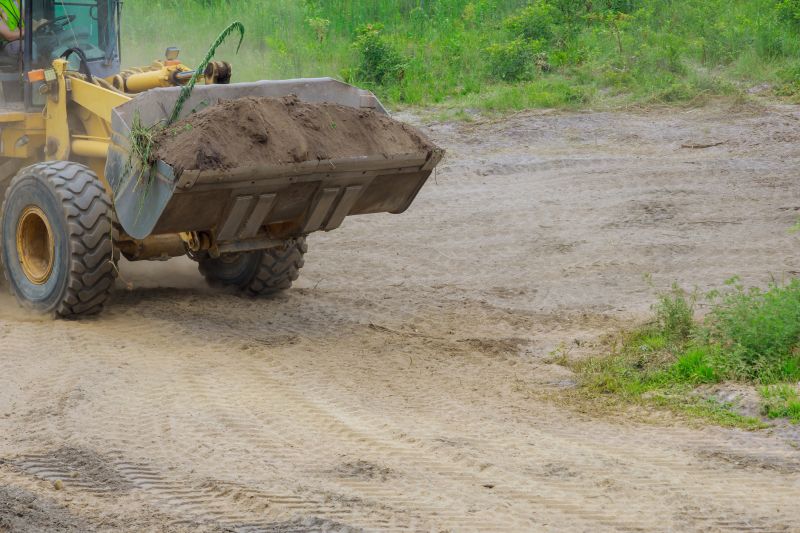
Specialized tools and machinery facilitate precise leveling.
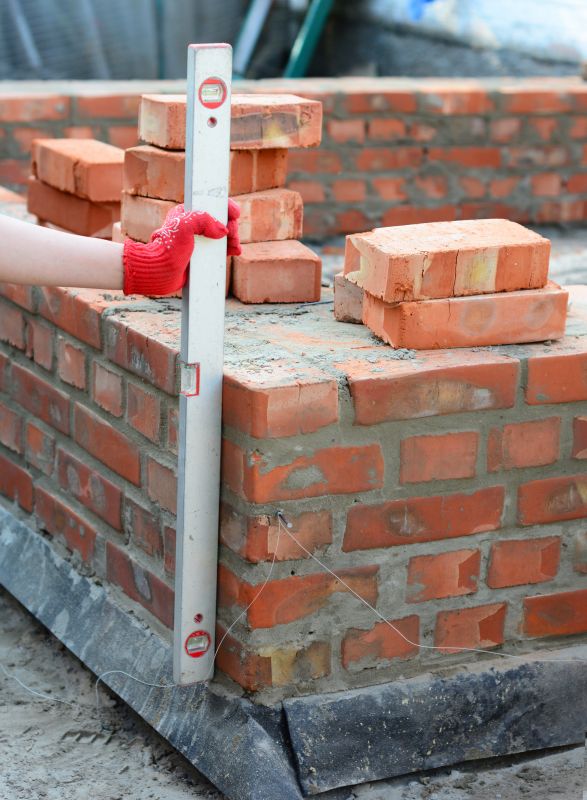
Finished projects demonstrate effective foundation correction.
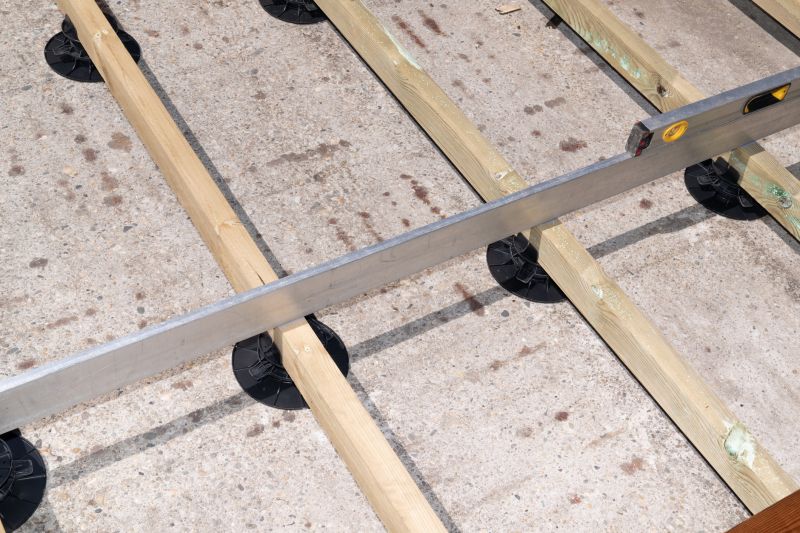
High-end options that actually feel worth it for House Levelings.
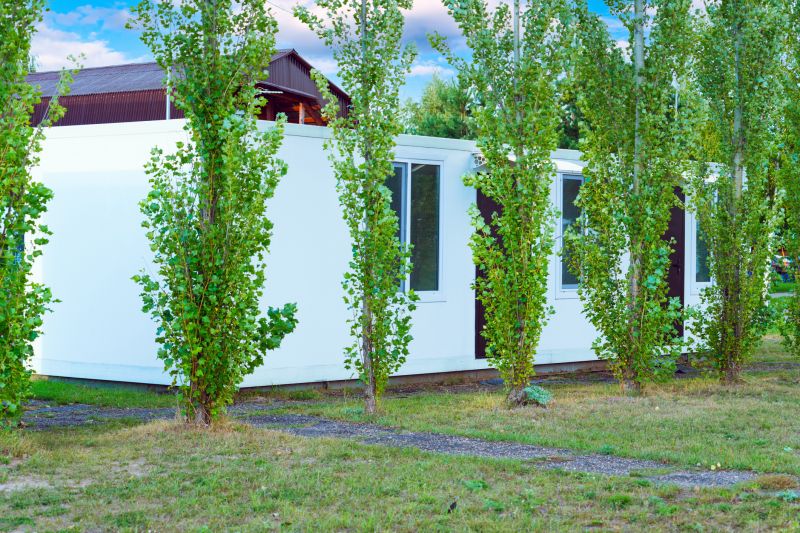
Finishes and colors that play nicely with House Levelings.
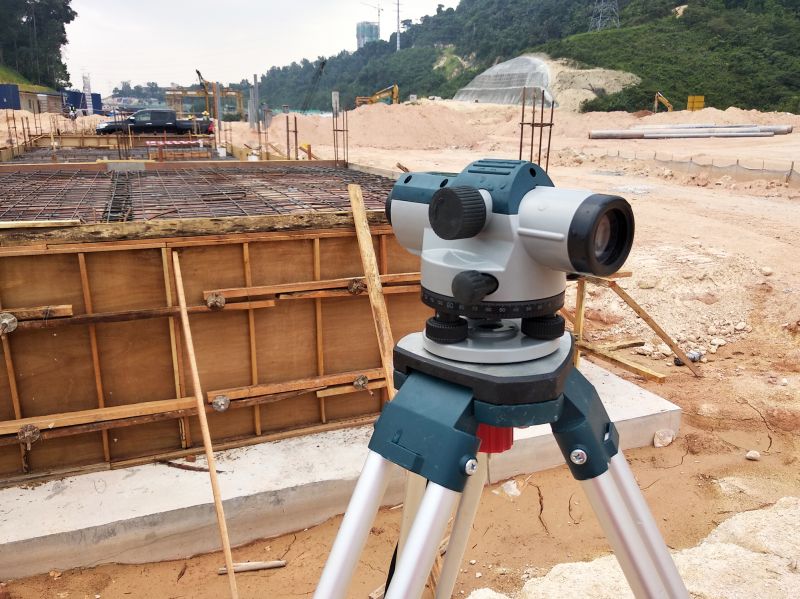
Little measurements that prevent headaches on House Levelings day.

A 60-second routine that keeps House Levelings looking new.
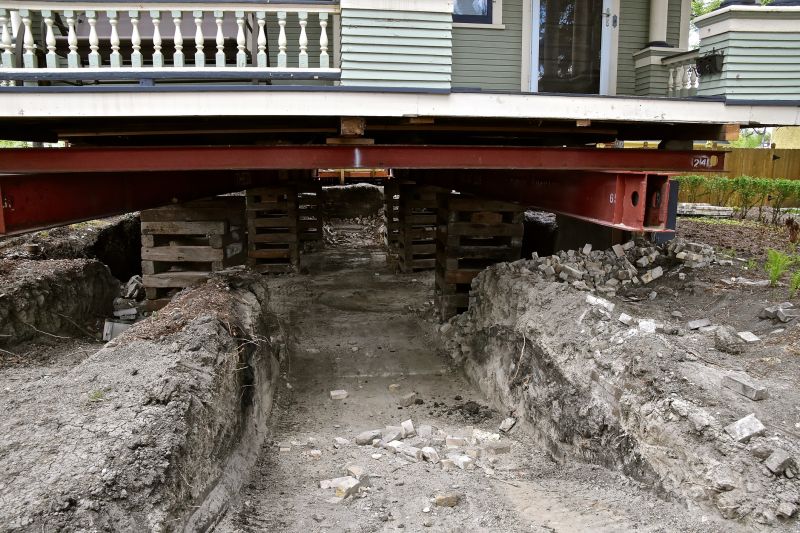
A frequent mistake in House Levelings and how to dodge it.

Small tweaks to make House Levelings safer and easier to use.
Interested in scheduling house leveling services? Filling out the contact form provides an opportunity to discuss specific needs and timing considerations. Proper assessment and planning are crucial for ensuring the longevity and safety of a property’s foundation.
